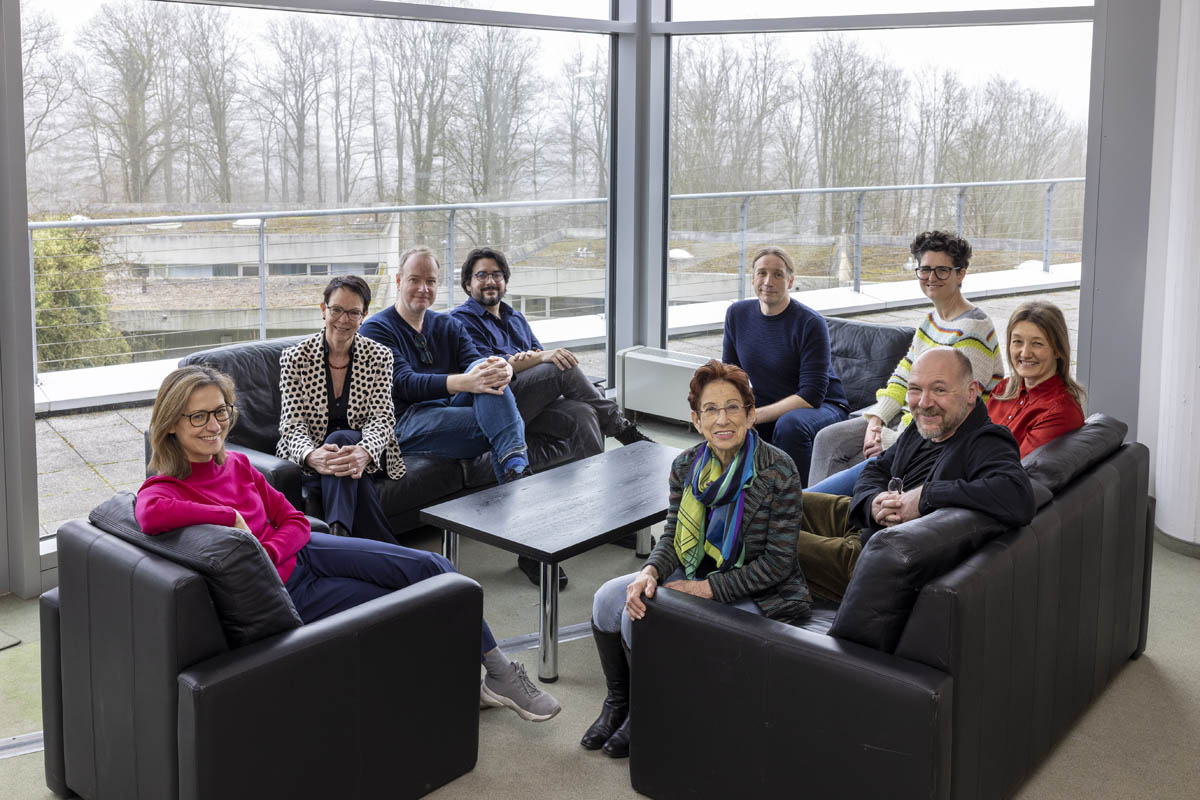Zentrum für interdisziplinäre Forschung
Farewell of the Cooperation Group "Normalizing the Far Right"
Facing the rise of right-wing parties and movements across the globe, the cooperation group “Normalizing the Far Right” was interested in examining the mechanisms, processes and social fields which contribute to the ‘normalization’ of far-right ideologies, discourses, norms, and practices. Mainstream parties have become more and more inclined to build government coalitions with far-right parties, as was the case in Austria, Finland, and maybe in the Netherlands in the future. However, if the institutional cooperation is a more glaring case, normalization can also take place when democratic parties adopt discrimination of minorities in their anti-immigrant narratives and even laws, promote anti-gender ideas, discriminate LGBTQ, restrict women’s rights or expand police’s violence and decrease its control by institutions and public sphere. Normalization of the far right is challenging modern democracy by changing the perception of what is democratically acceptable and what is considered as ‘normal’ – the proliferation of racist and sexist language is a case in point.
In two conferences and three retreats with international scholars in interdisciplinary settings the cooperation group aimed at defining the concept of normalization and at depicting how the boundaries of ‘the normal’ are shifted through the transformation of what is speakable, doable, and what sentiments one may hold within democracy.
The last retreat in February 2024 was dedicated to “the role of affects and emotions” in processes of normalizing the far right. During three days, the ten participants discussed far-right mobilization of positive and negative emotions to change social norms, the role of ressentiments in far-right narratives, longtermism in techno-libertarian ideologies, the shamelessness of breaking taboos to shift boundaries of the speakable, nostalgia in times of Covid-crises, the role of online media for spreading affective messages and the role of bio-necro-politics in the far-right affective mobilization.

(Universität Bielefeld/P. Ottendörfer)